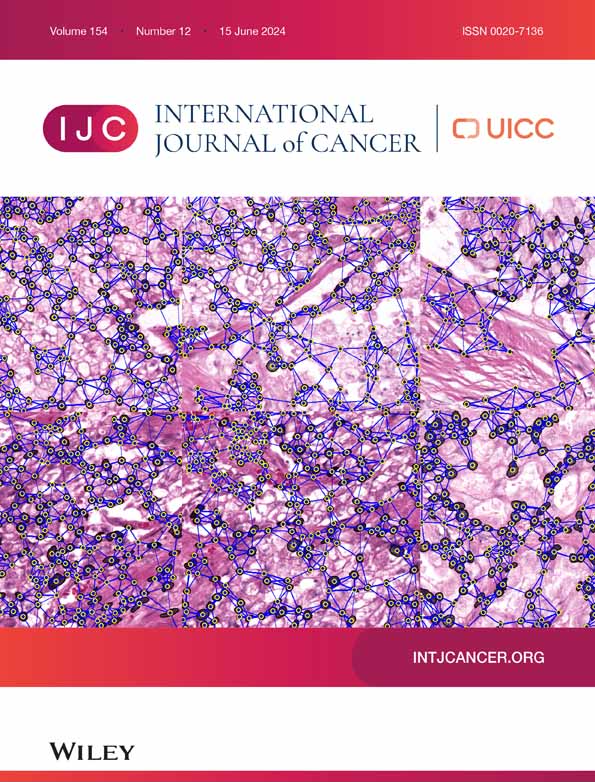Inhibitory effect of the peptide epitalon on the development of spontaneous mammary tumors in HER-2/neu transgenic mice
Abstract
Female FVB/N HER-2/neu transgenic mice from the age of 2 months were subcutaneously injected with saline, the peptide Epitalon? (Ala-Glu-Asp-Gly) or with the peptide Vilon? (Lys-Glu) in a single dose of 1 μg/mouse for 5 consecutive days every month. Epitalon treatment reduced the cumulative number and the maximum size of tumors (p < 0.05). Furthermore, the number of mice bearing 1 mammary tumor was increased, whereas the number of mice bearing 2 or more mammary tumors was reduced in Epitalon-treated in comparison to saline-treated animals (p < 0.05). The size but not the number of lung metastases was reduced in Epitalon-treated compared to saline-treated mice (p < 0.05). The treatment with Vilon produced significant negative effects when compared to the control group, with an increased incidence of mammary cancer development (p < 0.05), a shorter mean latent period of tumors (p < 0.05) and an increased cumulative number of tumors (p < 0.05). A 3.7-fold reduction in the expression of HER-2/neu mRNA was found in mammary tumors from HER-2/neu transgenic mice treated with Epitalon compared to control animals. The expression of mRNA for HER-2/neu was also partially reduced in Vilon-treated mice, but it remained significantly higher in Vilon- than in Epitalon-treated animals (1.9-fold increase). The data demonstrate the inhibitory effect of Epitalon in the development of spontaneous mammary tumors in HER-2/neu mice, suggesting that a downregulation of HER-2/neu gene expression in mammary adenocarcinoma may be responsible, at least in part, for the antitumor effect of the peptide. ? 2002 Wiley-Liss, Inc.





